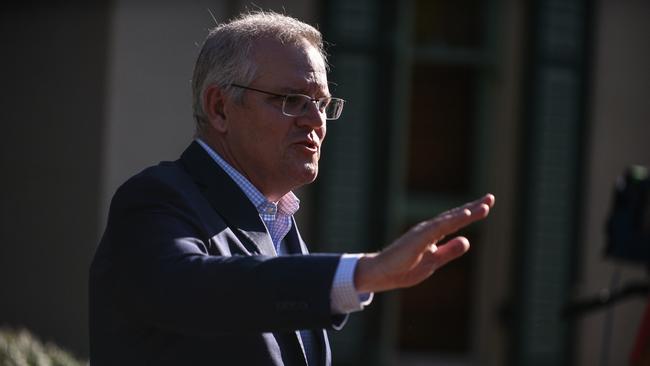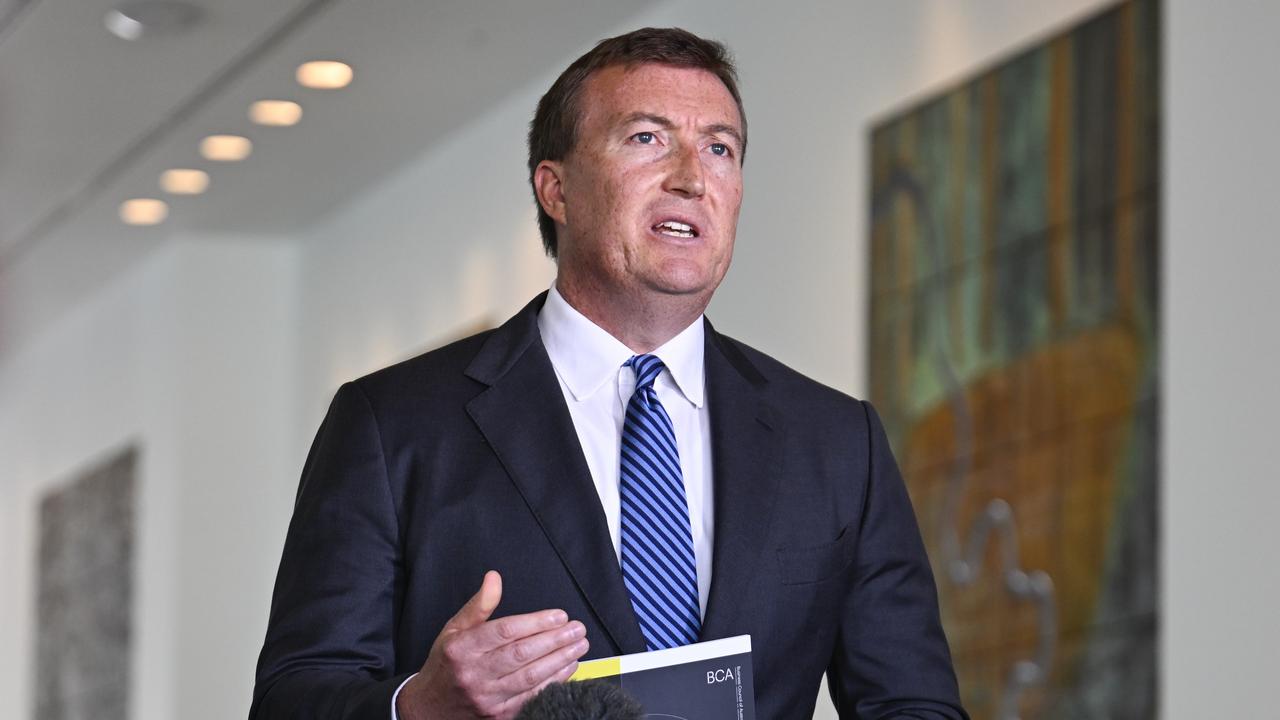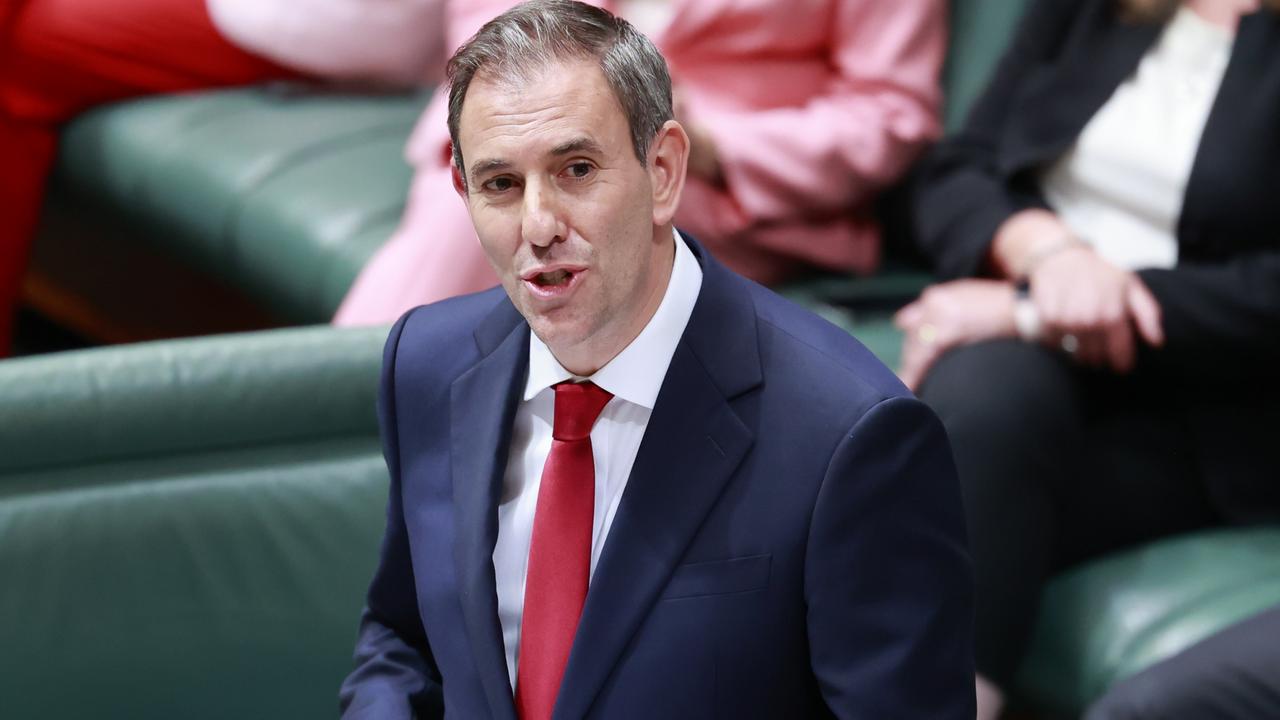AUKUS alliance: Rent-a-fleet option on the table
Australia will examine leasing nuclear powered submarines from the US and Britain to help develop the skills to operate the new assets ahead of its fleet of nuclear powered submarines.

Australia will examine leasing nuclear powered submarines from the US and Britain to help develop the skills to operate and maintain the new assets ahead of delivery of its fleet of eight nuclear powered submarines in two decades.
Defence Minister Peter Dutton and Finance Minister Simon Birmingham on Sunday both said Australia would look at options to buy or lease submarines in advance of the nuclear fleet being delivered under the new AUKUS trilateral security partnership.
“There’s all of that discussion to take place in the next 12-18 months,” Mr Dutton told Sky News. “Already, I’ve met with a number of my counterparts here from the secretary down in terms of those that are making decisions and we will have further discussions with the Brits as well.”
Senator Birmingham said a leasing arrangement “may provide opportunities for us to train our sailors, provide skills and knowledge in terms of how we operate (and) provide the platforms for us to upgrade infrastructure in Perth that will be necessary for operation of these submarines.”
Anthony Albanese and the shadow cabinet have backed the new nuclear submarine fleet so long as Australia does not develop a domestic civil nuclear industry or nuclear weapons and adheres to the nuclear non-proliferation treaty. However, parts of the ALP have warned their support cannot be taken for granted.
Victorian Labor senator Kim Carr, from the Socialist Left faction, writing in The Australian on Monday said “caution is especially necessary” in responding to the “government’s expectation of bipartisan support after offering the opposition only a sketchy, two-hour briefing without documents”.
Senator Carr disputed Scott Morrison’s claim that no civil domestic nuclear industry was required under the deal, arguing that it would involve the transfer of US nuclear technology and the training of a skilled, nuclear-systems engineering, integration and design workforce.
He said it would contribute to a regional arms race and make Australia more of a target, and the chances of Australian involvement in a war with China were now more and not less likely.
“Blank cheques should never be accepted, and many questions remain unanswered about this deal, if it is a deal,” he said.
“Will Australia retain sovereign capability in its naval shipbuilding plan? What will the local content be for the new subs, given that in the US this is contracted to a single company?
“There are also questions about preserving Australian sovereignty itself, because for many decades ahead, AUKUS will lock Australia rigidly into the global strategic priorities of the US.”
Senator Carr questioned whether the US would have a controlling stake in decisions about how the new nuclear submarines would be used and whether Australia would have complete independence over the submarine command and control systems.
He attacked the government for secrecy over the deal, saying it had been “devious and dishonest with workers, unions, parliament and the French government.”
The scathing assessment comes despite opposition defence spokesman Brendan O’Connor saying Labor had acknowledged that “nuclear-powered technology is now the best option for Australia’s capability, and that the proposed submarines are superior to the Future Submarines.”
Writing in The Australian online, he said with “as many as 250 submarines currently in the Indo-Pacific and heightened regional tensions, something needed to be done to fix that debacle.”
Paul Dibb and Richard Brabin-Smith, professors of strategic studies at the ANU and former deputy secretaries of Defence, say in The Australian that China had reason to “fear the eventual presence of Australian nuclear attack submarines” because their own submarines were too noisy and Beijing had a “long way to go.”




To join the conversation, please log in. Don't have an account? Register
Join the conversation, you are commenting as Logout